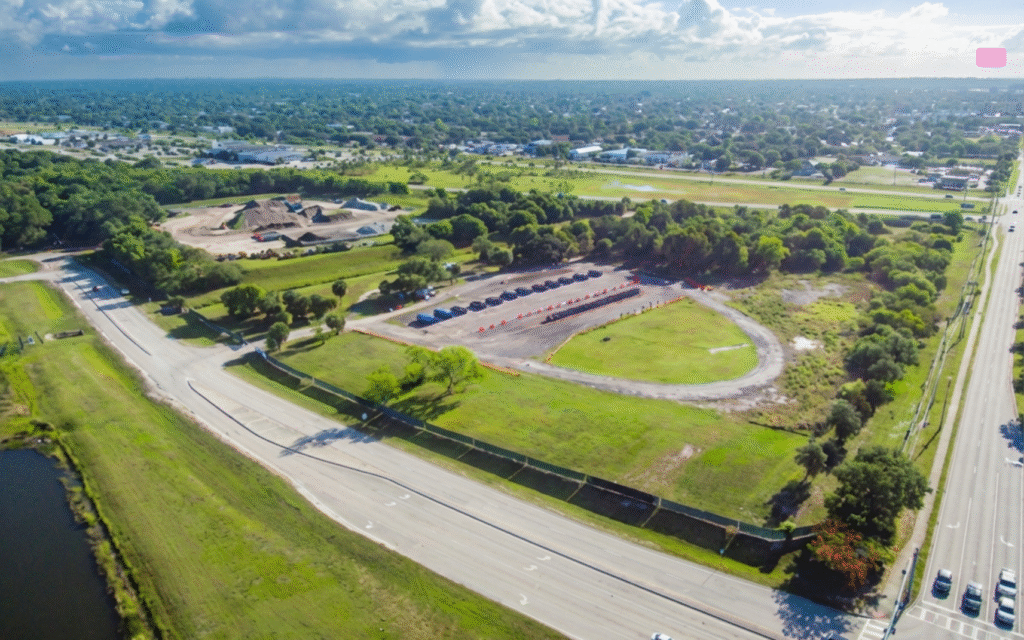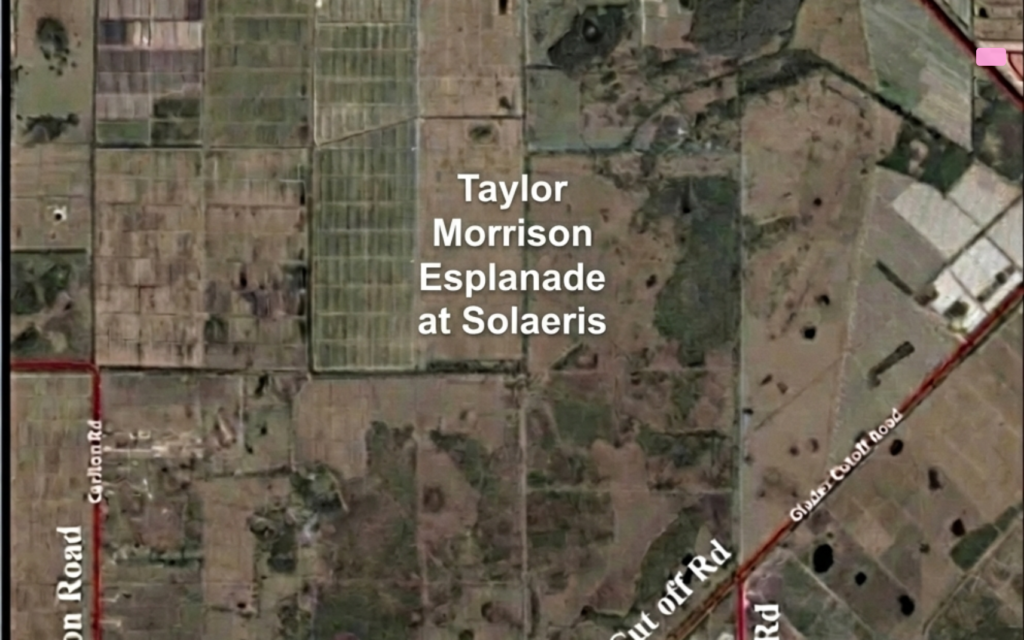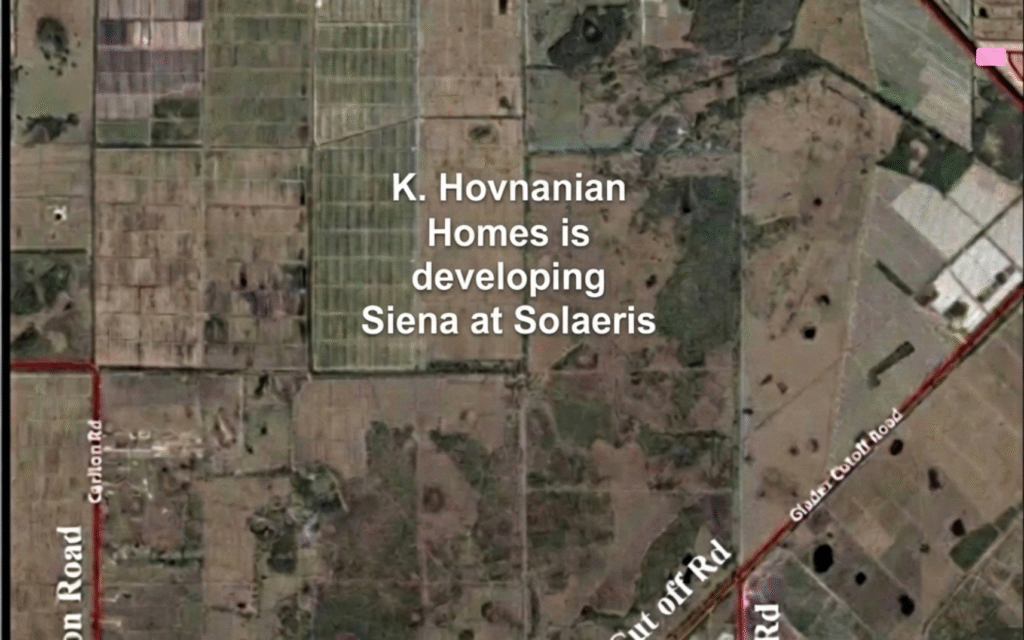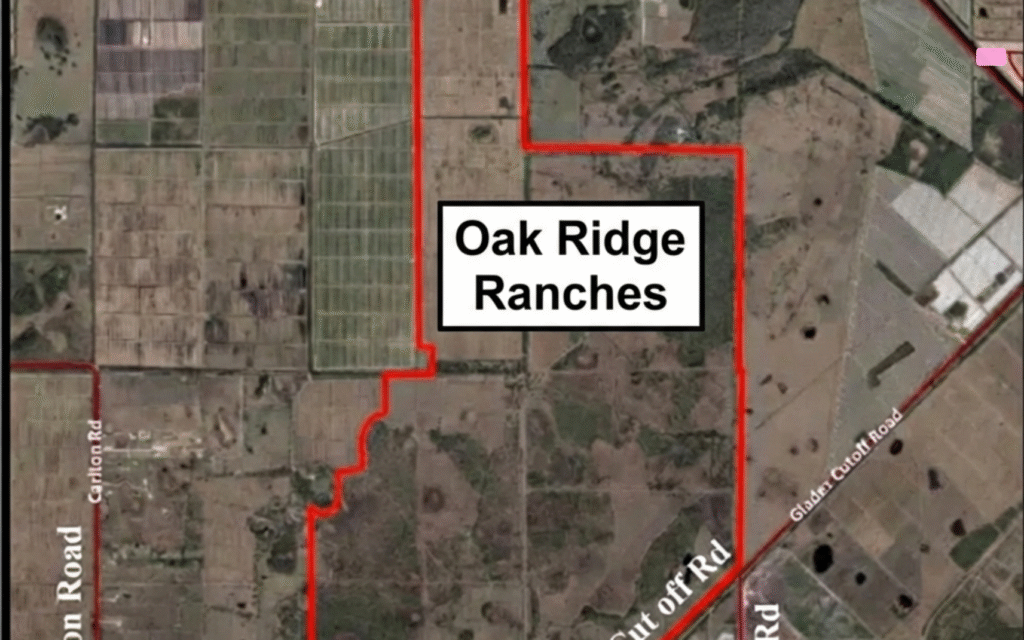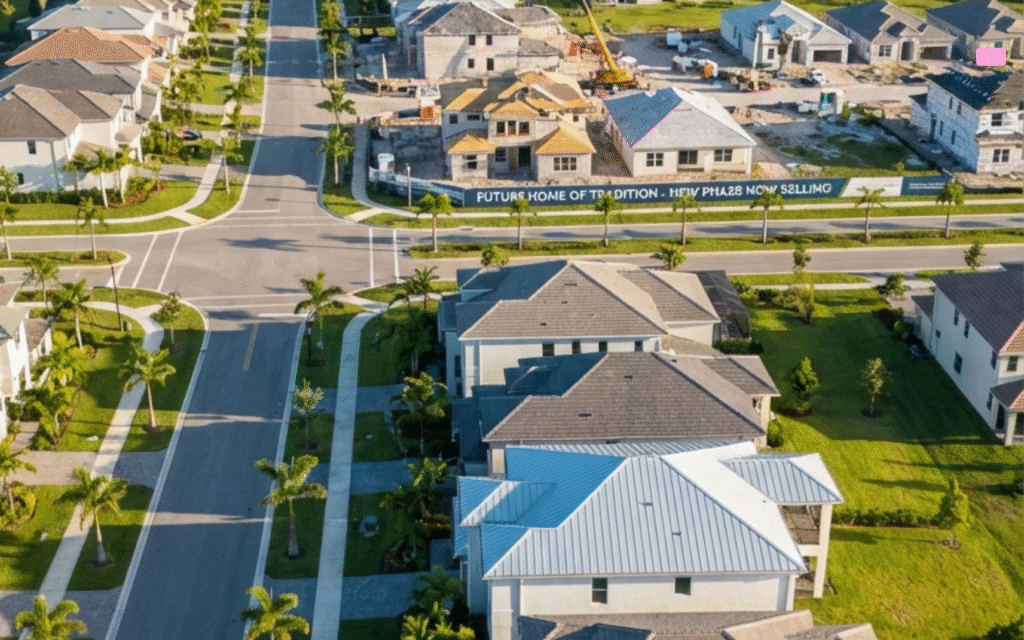Florida property tax rebate proposals are under consideration by state officials, aiming to deliver direct financial relief to homeowners facing rising housing costs. The main focus of the initiative is to provide a $1,000 property tax rebate for residents with a homestead exemption, targeting primary residences across the state.
Florida Property Tax Rebate: Key Details of the Proposal
The proposed Florida property tax rebate would apply to homeowners who claim a homestead exemption on their primary residence. According to state officials, eligibility may be limited to homes valued between $100,000 and $450,000, focusing relief on middle-class households most affected by recent cost increases.
Estimates indicate that between 3.5 and 5.1 million homeowners could benefit from the rebate, depending on the final eligibility criteria set by lawmakers. The initiative is designed to offset state-mandated school property taxes, with mechanisms in place to ensure that school district funding remains secure.
Eligibility and Scope for Florida Homeowners
The rebate would be available only to homesteaded properties, meaning the owner’s primary residence. Proposals under review would exclude investment properties, vacation homes, and rental units from eligibility. Some versions of the bill propose a five-year duration for the rebate, while others suggest a one-time payment.
According to legislative analysts, the rebate could cover up to 30% of a typical annual property tax bill for qualifying homeowners. With the median property tax bill in Florida at approximately $3,659, the $1,000 rebate would provide significant short-term relief for many households.
Estimated Cost and Funding Considerations
The projected cost to the state for implementing the property tax rebate is about $3.5 billion. Budget analysts caution that such a large-scale program could place strain on state finances and potentially impact future funding for schools, infrastructure, and disaster recovery efforts.
Officials emphasize that the rebate is intended as a temporary measure, not a permanent change to the state’s property tax system. The duration and structure of the rebate remain under legislative discussion.
Rising Property Taxes and Homeowner Concerns in Florida
Florida homeowners have experienced a nearly 4% increase in average property tax bills from 2023 to 2024, according to state data. Combined with rising insurance premiums and utility costs, these increases have contributed to financial strain for many residents.
The property tax rebate proposal is part of a broader debate about how to address affordability and cost-of-living pressures in the state. Officials report that the rebate would offer immediate relief, but critics argue that it does not address the underlying causes of rising property taxes, such as increasing property values and stable millage rates.
Equity and Limitations of the Rebate Program
Concerns have been raised about the equity of the proposed rebate. The program would not benefit renters, landlords, or small businesses, despite these groups also facing higher housing-related expenses. Policy experts note that while the rebate may help homeowners, it leaves out significant portions of the population affected by Florida’s housing market dynamics.
Some analysts warn that focusing relief only on homesteaded properties could widen the gap between homeowners and renters, and may not address the broader affordability challenges in the state.
Legislative Process and Timeline for the Property Tax Rebate
The Florida property tax rebate proposal has not yet been enacted and requires approval from the state legislature. Lawmakers are currently reviewing multiple versions of the proposal, with differences in eligibility, duration, and payment structure.
If approved, the earliest possible distribution of rebate checks would occur in December 2025 or 2026, depending on the final version adopted. State officials stress that all details are subject to change as the legislative process continues.
Details may be updated as the investigation and legislative review continue, according to official sources.
Broader Discussions: Eliminating Property Taxes in Florida
The property tax rebate proposal is part of a wider conversation about the future of property taxes in Florida. Some lawmakers are considering the possibility of eliminating property taxes entirely, which would require a constitutional amendment and approval by voters. The earliest such a measure could appear on the ballot is 2026.
Policy experts caution that eliminating property taxes would have significant implications for school funding, local government budgets, and public services. The sustainability of property tax relief remains a central issue in ongoing legislative discussions.
Frequently Asked Questions About Florida Property Tax Rebate
What is the Florida property tax rebate for homeowners?
The Florida property tax rebate is a proposed $1,000 payment for homeowners with a homestead exemption. It is designed to help offset rising property tax bills for primary residences.
How much could homeowners save with the Florida property tax rebate?
Eligible homeowners could receive up to $1,000, which may cover about 30% of a typical annual property tax bill in Florida. The exact savings depend on the final program details and the homeowner’s tax bill.
Are renters or landlords eligible for the Florida property tax rebate?
No, the proposed rebate would only apply to homeowners with a homestead exemption on their primary residence. Renters, landlords, and small businesses would not qualify under the current proposals.
Can you receive the Florida property tax rebate more than once?
Some versions of the proposal would provide the rebate for up to five years, while others suggest a one-time payment. The final structure will depend on legislative approval.
Where are Florida property tax rebate checks expected to be sent?
If the proposal is approved, rebate checks would be sent directly to eligible homeowners at their homesteaded property address. The earliest possible distribution would be in December 2025 or 2026, depending on the version passed.

